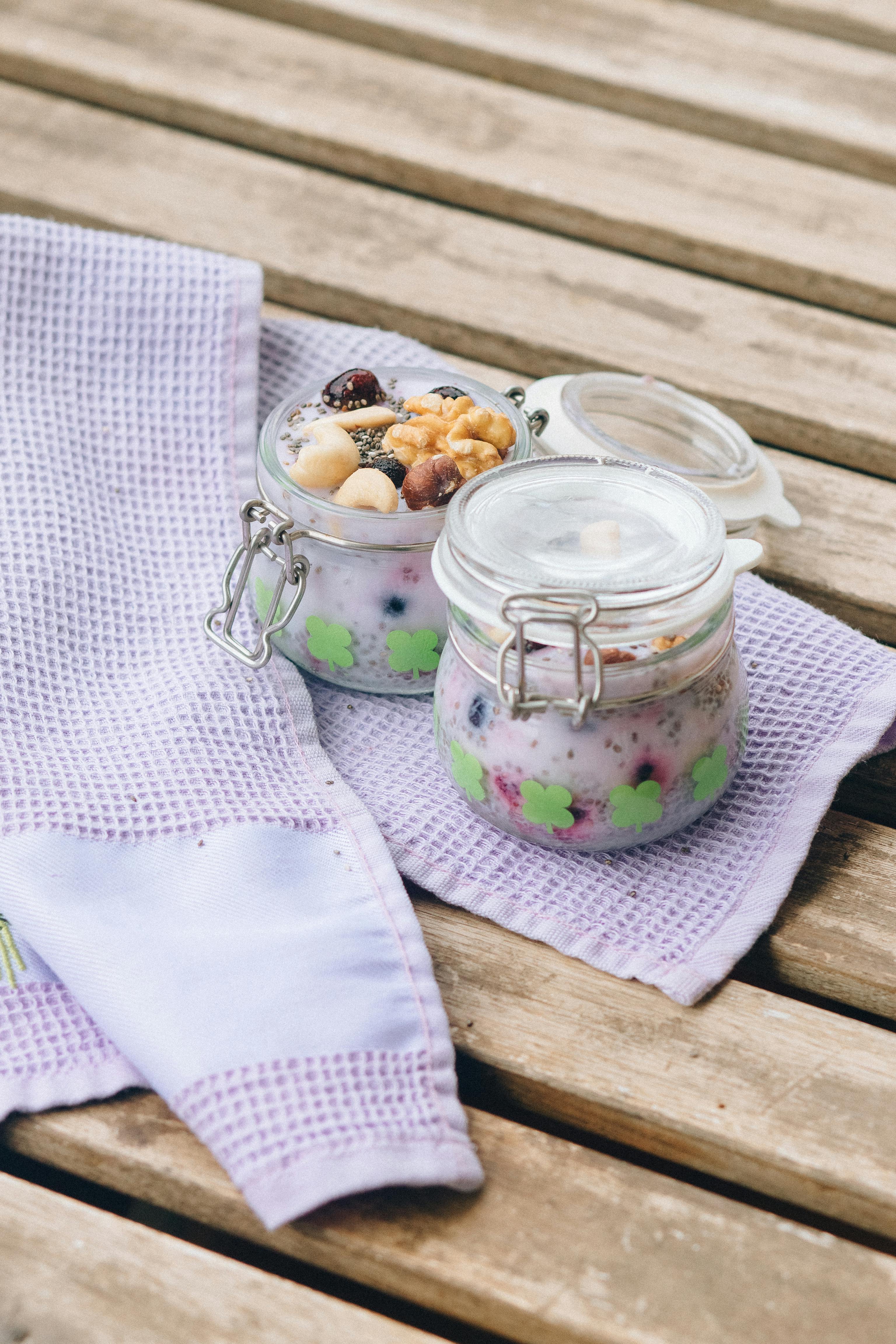
How to Regain Your Taste After COVID: 5 Proven Strategies to Reconnect with Flavor in 2025
The lingering effects of COVID-19 can significantly impact various aspects of health, including our sense of taste. Many individuals experiencing taste recovery after COVID wonder how to regain their flavor sensation, leading to concerns about nutrition and quality of life. Understanding and addressing this issue is essential not just for enjoyment during meals but also for overall well-being.
In this article, we will explore effective strategies tailored to enhance taste sensation and reconnect individuals with their sense of flavor. These methods range from dietary adjustments to specialized training techniques, emphasizing the importance of both nutrition and psychological aspects in regaining taste after COVID.
Ultimately, reclaiming taste is not just about savoring food, but also about engaging with culturally rich culinary experiences and promoting better health. We’ll cover key takeaways such as practical tips for taste recovery and the role of community support in the process.
Essential Dietary Adjustments for Taste Recovery
Understanding the importance of what we eat is crucial in improving sense of taste post-COVID. A well-rounded diet focused on specific nutrients can significantly aid recovery. First, foods rich in zinc, such as meat, shellfish, legumes, and seeds, can help stimulate taste buds and improve overall taste sensitivity.
Hydration also plays a vital role in maintaining taste sensation. Staying well-hydrated ensures proper functioning of taste and olfactory receptors. Likewise, including probiotics in your diet, found in yogurt and fermented foods, can balance gut health which is linked to taste perception. For a broader array of flavors, incorporating omega-3 fatty acids from sources like fish or flaxseed can potentially enhance the flavor experience.
Additionally, curating a building a taste-friendly pantry with various spices and herbs—such as basil, mint, and rosemary—can create aromatic profiles that re-engage the taste buds. This step is essential as the aroma significantly influences flavor recognition.
Incorporating experimental foods into your diet allows you to discover new flavors while engaging with diverse cultural cuisines. This exposure not only reawakens your taste buds but also enriches your culinary journey.
Key Nutritional Considerations
When attempting to recover taste, consider the following nutritional strategies:
- Zinc-containing foods: These are crucial for taste perception improvement.
- Probiotic-rich options: Enhance gut health which supports taste function.
- Omega-3 fatty acids: Found in fish; important for overall health and taste recovery.
- Hydration: Essential for the proper functioning of taste buds.
- Spices and herbs: Use to enhance flavor; essential for re-engaging taste.

Olfactory Training Techniques to Reconnect with Flavor
Building on dietary adjustments, another highly effective method is olfactory training techniques. This practice involves regularly exposing oneself to a range of specific aromas to retrain the brain's olfactory system. Since smell heavily influences taste, enhancing olfactory senses is crucial for taste recovery.
One common method includes smelling familiar scents—citrus, coffee, spices—twice a day for several minutes. This consistent exposure can strengthen neural pathways responsible for smell and subsequently improve taste. Understanding that our senses are interconnected, olfactory training not only focuses on restoring one’s sense of smell, but it also positively impacts overall flavor recognition.
Steps for Effective Olfactory Training
To effectively apply olfactory training, consider these actionable steps:
- Choose diverse scents: Use items like cinnamon, vanilla, or lemon to expand your aroma range.
- Daily routine: Incorporate this training into your morning or evening rituals.
- Consistency is key: Aim for at least once a day over several weeks for noticeable results.
- Mindfulness during training: Focus on the sensations each aroma evokes to encourage neural activity.
- Share experiences: Engaging with friends or family can provide a supportive community during training.

Understanding the Importance of Smell for Taste
The intricate relationship between taste and smell cannot be understated. Smell accounts for a significant portion of what we perceive as taste. Disruption of olfactory receptors during COVID-19 often leads to taste loss. Therefore, strategies that focus on enhancing olfactory awareness are critical for recognizing flavors again. Acknowledging this connection emphasizes the need for holistic approaches to flavor recovery.
The Role of Aroma in Taste Perception
As you retrain your sense of smell, pay attention to how certain aromas can alter your perception of taste:
- Aromatic compounds in food: Understand how the scent of foods can make them more appetizing and flavorful.
- Memory connection: Many flavors are tied to memories; revisiting these can enhance your experience.
- Culinary exploration: Try aromatic cuisines from different cultures to appreciate how smell influences taste.
Flavor Enhancing Techniques for Culinary Exploration
Once you have established a routine to enhance your sensory perception, implementing flavor enhancing techniques while cooking becomes essential. These may involve adjusting cooking methods to bring out the natural flavors of foods and experimenting with assorted spices. Using methods like grilling, roasting, or infusing foods with herbs can help elevate flavor profiles significantly.
Practical Cooking Techniques
Here are a few tips to optimize taste during cooking:
- Incorporate acids: Adding citrus juices or vinegar can brighten up flavors.
- Use textures: Balancing crunchy and soft elements can enhance the experience.
- Experiment with spices: Try adding different spices gradually to find what works for you.
- Mindful eating: Engage with your food; savor each bite and tune into the flavors you're discovering.
Psychological Approaches to Taste Recovery
Lastly, understanding the psychological aspects of taste disorders post-COVID plays a pivotal role in recovery. The mind greatly influences perception; therefore, fostering a positive experience while eating can encourage the return of taste. Activities such as cooking socially or engaging in food-related community events can build both emotional connections and motivate further exploration of flavors.
Engagement in Food-related Activities
To recover taste effectively, consider these psychological strategies:
- Food journaling: Keep track of what you eat and your responses to different flavors to identify preferences.
- Social dining experiences: Engage with friends and family during meals to create joyful and stress-free dining environments.
- Mindful practices: Focus on the sensory details (texture, aroma, warmth) during meals to enhance awareness.
Q&A Section: Common Questions About Taste Recovery
What are the first steps to take when experiencing taste loss after COVID?
Start with dietary improvements such as incorporating zinc-rich foods and probiotics while ensuring you remain hydrated. Additionally, begin olfactory training techniques as they are crucial for stimulating your taste buds.
How can I enhance my cooking to improve taste?
Utilize various cooking methods such as roasting and grilling that bring out the natural flavors of ingredients. Experiment with the use of acids (like vinegar and citrus) and spices to enhance flavors further.
Why is hydration important for taste recovery?
Proper hydration keeps taste buds functioning effectively and ensures that the mucus membranes are moist, aiding in delivering flavor to taste receptors.
What role does community support play in taste recovery?
Sharing meals with friends and family or participating in food-related community events can foster positive emotional connections to food, enhancing the overall experience and aiding taste recovery.
When should I seek medical support for taste issues?
If taste recovery is not progressing after several weeks of self-managed strategies, it may be advisable to consult with a healthcare professional or an ENT specialist for further evaluation and potential therapies.
Utilizing these comprehensive approaches can help you effectively navigate the challenges of regaining taste after COVID-19. Engaging with flavors, connecting with community, and being mindful of dietary choices are key components in this rewarding journey.